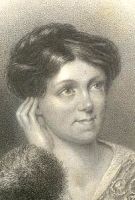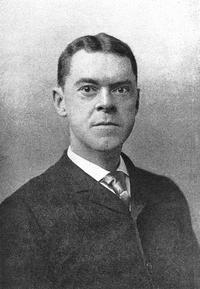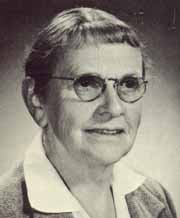Biography
Silliman, Vincent Brown
Vincent Brown Silliman (June 29, 1894-February 2, 1979), a Unitarian minister, poet, hymn writer and worship arts specialist was born to parents Dwight and Frances Silliman in Hudson, Wisconsin in 1894. His father, a physician, had five children from an earlier marriage.…
Vidler, William
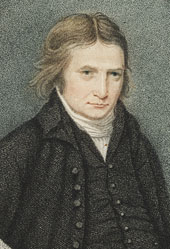 William Vidler (May 4, 1758-August 23, 1816), a British Universalist and Unitarian preacher and publisher, was a disciple and colleague of Elhanan Winchester. Together with Unitarian missionary Richard Wright, Vidler played a significant role in establishing institutional features British Unitarians continue to use.…
William Vidler (May 4, 1758-August 23, 1816), a British Universalist and Unitarian preacher and publisher, was a disciple and colleague of Elhanan Winchester. Together with Unitarian missionary Richard Wright, Vidler played a significant role in establishing institutional features British Unitarians continue to use.…
Aikenhead, Thomas
Thomas Aikenhead (baptised March 28, 1676-January 8, 1697), a young Edinburgh medical student who allegedly railed against the Holy Trinity, was judicially hanged for his offence on January 8, 1697. His execution, which raised considerable concern, was the last execution for blasphemy in Britain.…
Jefferson, Thomas
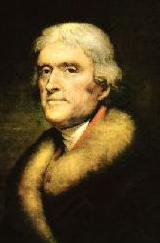 Thomas Jefferson (April 13, 1743-July 4, 1826) is known the world over as the principal author, in 1776 at age 33, of the Declaration of Independence; as author of the Bill for Establishing Religious Freedom instituting separation of church and state in Virginia, passed in 1786; and as third president of the United States, 1801-09.…
Thomas Jefferson (April 13, 1743-July 4, 1826) is known the world over as the principal author, in 1776 at age 33, of the Declaration of Independence; as author of the Bill for Establishing Religious Freedom instituting separation of church and state in Virginia, passed in 1786; and as third president of the United States, 1801-09.…
Barrett, Samuel
Samuel Barrett (August 16, 1795-June 24, 1866) was an active and much respected Unitarian minister in the early days of the organized American Unitarian movement.
Young Samuel’s family belonged to the Congregational Society in Wilton, New Hampshire. Their minister was the liberal preacher Thomas Beede, who had been a classmate of William Ellery Channing at Harvard.…
Wollstonecraft, Mary
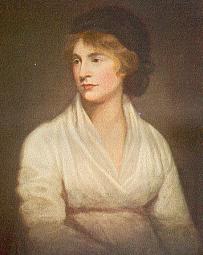 Mary Wollstonecraft (April 27, 1759-September 10, 1797), a revolutionary advocate of equal rights for women, was an inspiration for both the nineteenth-century and twentieth-century women’s movements. Wollstonecraft was not merely a woman’s rights advocate. She asserted the innate rights of all people, whom she thought victims of a society that assigned people their roles, comforts, and satisfactions according to the false distinctions of class, age, and gender.…
Mary Wollstonecraft (April 27, 1759-September 10, 1797), a revolutionary advocate of equal rights for women, was an inspiration for both the nineteenth-century and twentieth-century women’s movements. Wollstonecraft was not merely a woman’s rights advocate. She asserted the innate rights of all people, whom she thought victims of a society that assigned people their roles, comforts, and satisfactions according to the false distinctions of class, age, and gender.…
Capek, Norbert
If your browser cannot read Czech characters, click here.
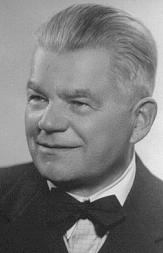 Norbert Fabián Čapek (1870-1942), a Czechoslovak minister of extraordinary ability, after spending a few years in the United States, returned in 1921 to his native country to found and build in Prague what soon became the largest Unitarian church in the world as well as a vigorous new Unitarian movement across the land.…
Norbert Fabián Čapek (1870-1942), a Czechoslovak minister of extraordinary ability, after spending a few years in the United States, returned in 1921 to his native country to found and build in Prague what soon became the largest Unitarian church in the world as well as a vigorous new Unitarian movement across the land.…
